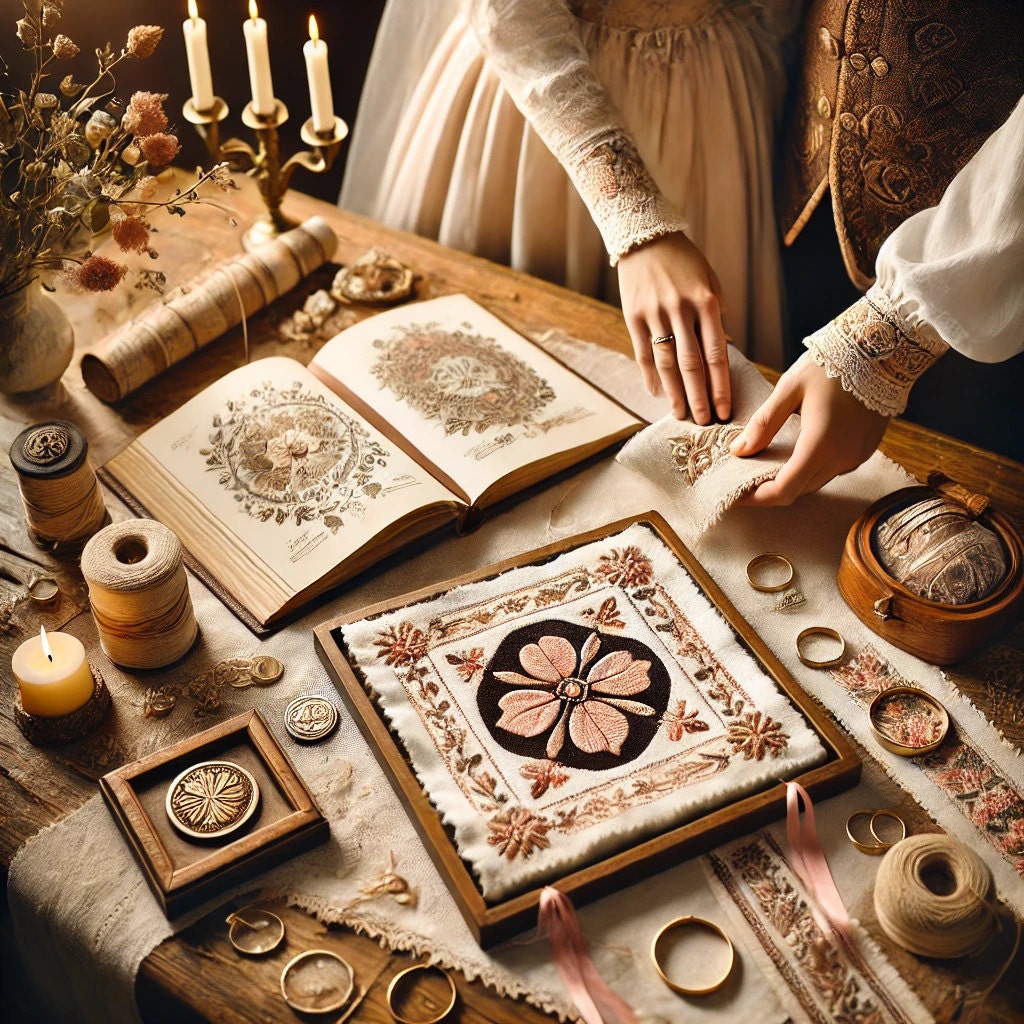
Incorporating family customs into wedding preparation and celebrations creates a sense of continuity, connection, and shared history. Here are some meaningful ways to honor and incorporate family customs into the wedding journey:
Open Communication: Begin by having open and honest conversations with family members to learn about cherished customs and traditions. Discuss the significance and history behind these practices and express your desire to incorporate them into your wedding preparations and celebrations.
Research and Understand: Take the time to research and understand the family customs you wish to incorporate. Learn about their origins, symbolism, and proper execution. This will ensure that you honor the customs respectfully and accurately.
Pre-Wedding Rituals: Include pre-wedding rituals that are significant to your family. This might involve hosting a family blessing ceremony, a ritualistic engagement party, or a traditional engagement gift exchange. These rituals help to strengthen family bonds and create a sense of unity as you embark on this new chapter.
Wedding Attire: Incorporate elements of family customs into your wedding attire. This could include wearing heirloom jewelry or incorporating traditional fabric or patterns into your wedding dress or suit. By doing so, you honor the family's legacy and carry a piece of your heritage with you on your special day.
Ceremony Traditions: Integrate family customs into your wedding ceremony. This might involve incorporating traditional prayers, readings, or symbolic gestures that have been passed down through generations. By including these rituals, you connect with your family's history and infuse your ceremony with deeper meaning.
Family Heirlooms: Utilize family heirlooms and sentimental items as part of your wedding celebrations. This could involve using a family wedding ring, incorporating a family crest into your stationery, or displaying ancestral wedding photographs. These objects carry the weight of family history and add a personal touch to your wedding day.
Cultural Cuisine: Serve traditional family dishes or incorporate cultural cuisine into your wedding menu. This allows you to share your family's culinary heritage with your guests. Collaborate with your caterer to create a menu that features traditional family recipes or cultural specialties.
Dance and Music: Include traditional family dances or music that hold significance in your family's culture. This can be done during the reception or as part of a traditional ceremony. Engage family members in teaching and performing these dances, creating an interactive and memorable experience for everyone involved.
Customs Table: Set up a customs table or display that showcases family customs and traditions. This could include photographs, written explanations, or objects that represent the customs. Educate your guests about the significance of these customs, fostering a sense of understanding and appreciation.
Storytelling and Anecdotes: Incorporate storytelling into your wedding celebrations, where family members share anecdotes, stories, or blessings that are meaningful to your family. This can be done during toasts or as part of a dedicated moment during the reception. These narratives connect generations and create a sense of shared history. Remember, it's important to approach family customs with respect and sensitivity. Discuss your plans with family members and be open to their input and guidance.
By incorporating family customs into your wedding preparations and celebrations, you honor your family's legacy and create a unique and meaningful experience that reflects your shared heritage.
NIMA Gifts specializes in creating custom engagement gits, bridesmaid proposal gift boxes as well as other wedding planning gifts such as ring bearers and flower girl proposal and thank you gifts that are tailored exclusively to your bride squad, offering a personalized and customized touch for your wedding.

